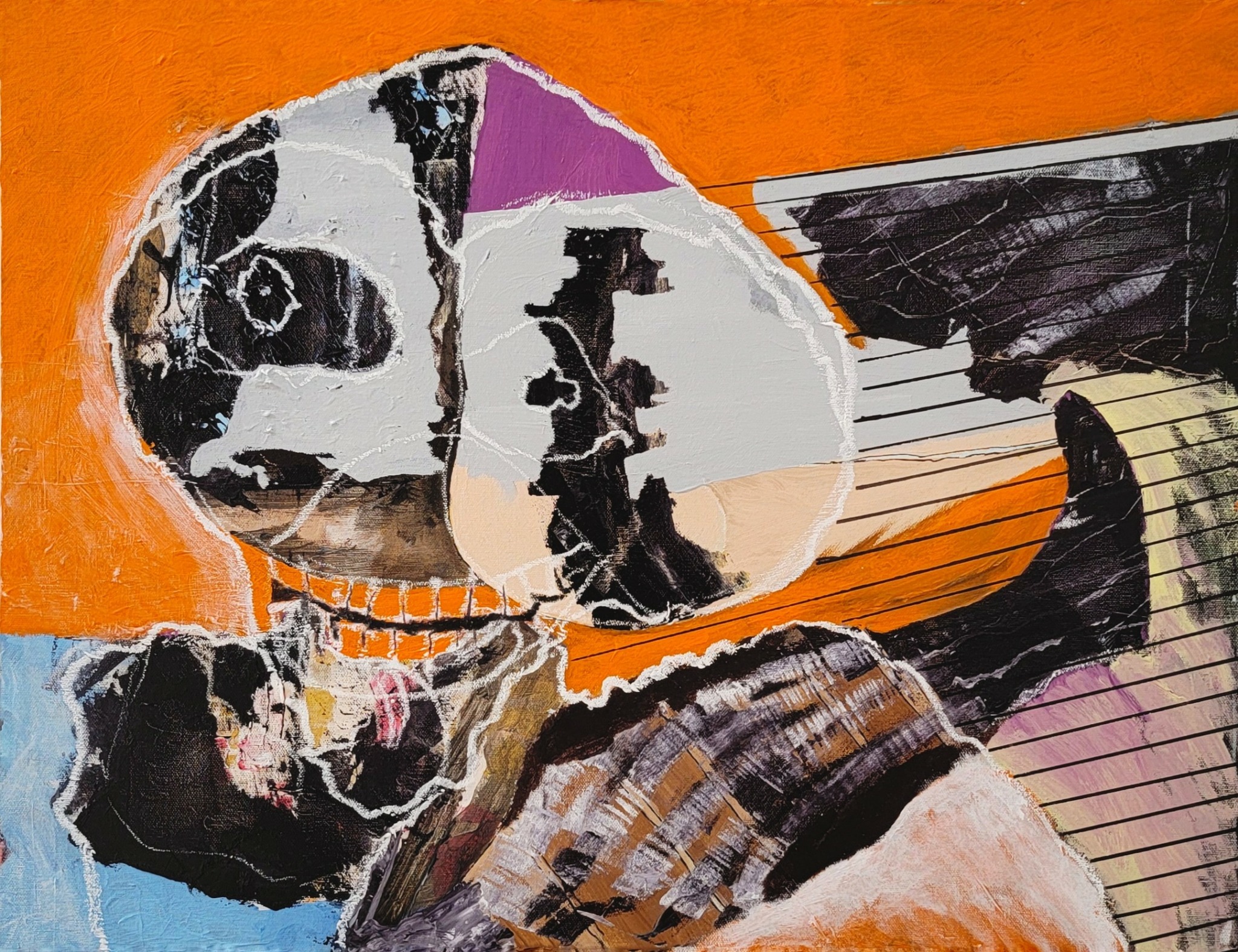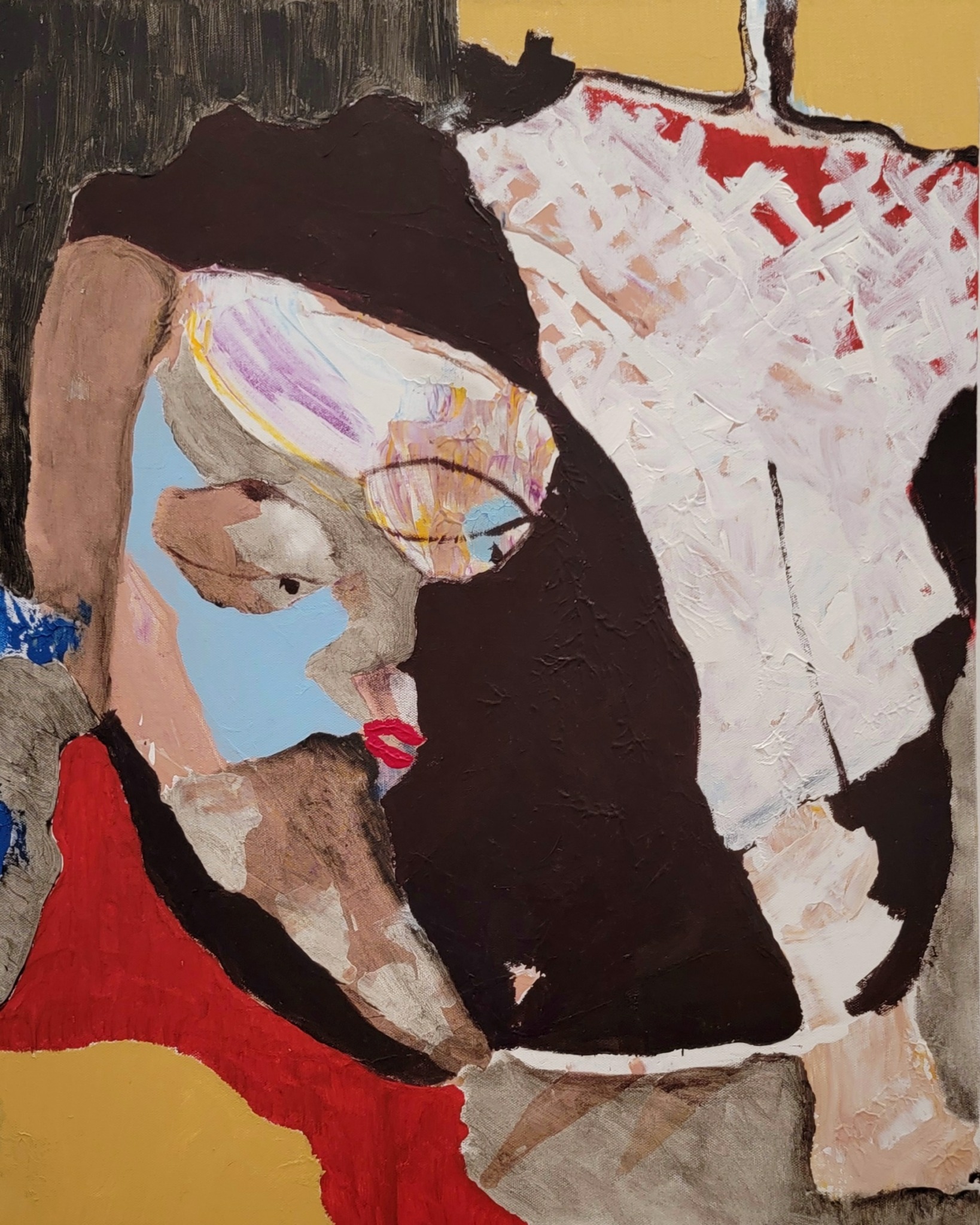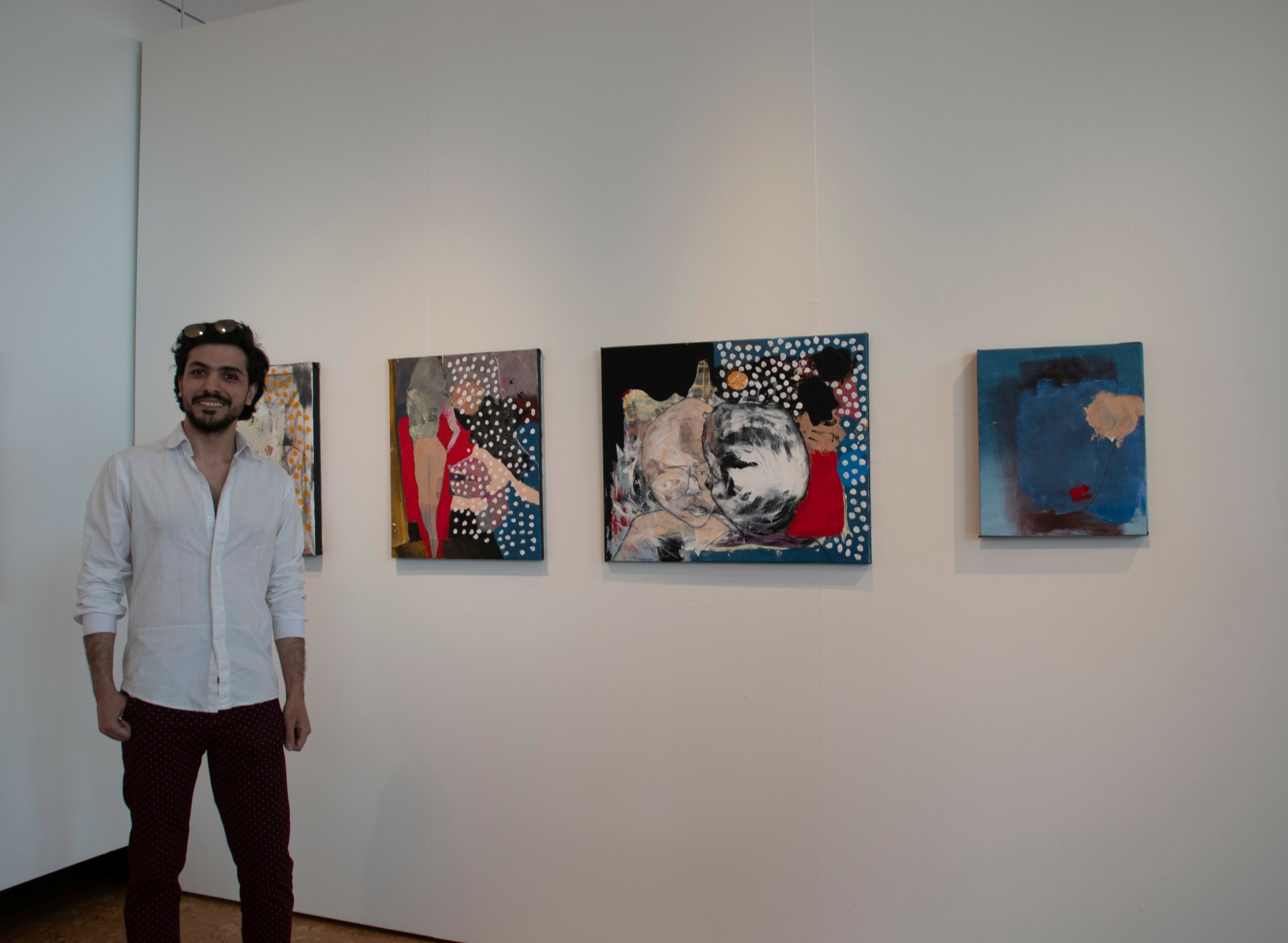We recently connected with Shayan and have shared our conversation below.
Shayan, appreciate you joining us today. We’d love to hear the backstory behind a risk you’ve taken – whether big or small, walk us through what it was like and how it ultimately turned out.
Ok, this is the best point to start talking about my journey, which has been intertwined with taking risks. In my early teenage years, I began my BA in architecture with a lot of passion for it. However, as I moved forward, I realized that becoming an architect has two distinct sides: one is the artistic side, and the other is the engineering side. I was definitely more interested in the artistic aspect, and I was incredibly frustrated by all the engineering principles I had to apply to my work. Meanwhile, this was the time I was introduced to painting, which I will explain in depth later. So, it was time to make a big decision. I chose to quit school and invest all my time in painting, which I would say was the best decision of my life and has shaped my character along with all the good and bad that has happened until this point.
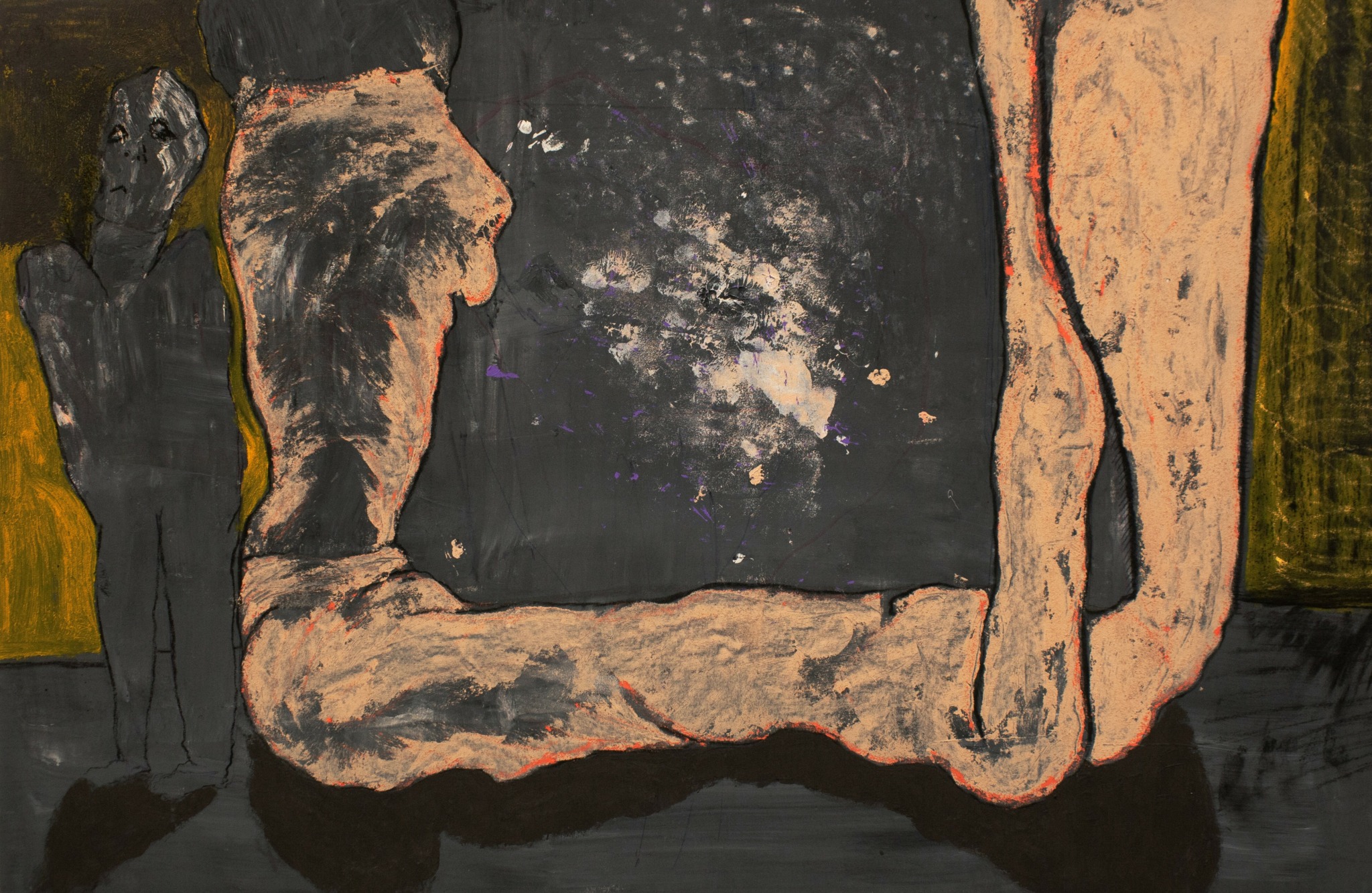
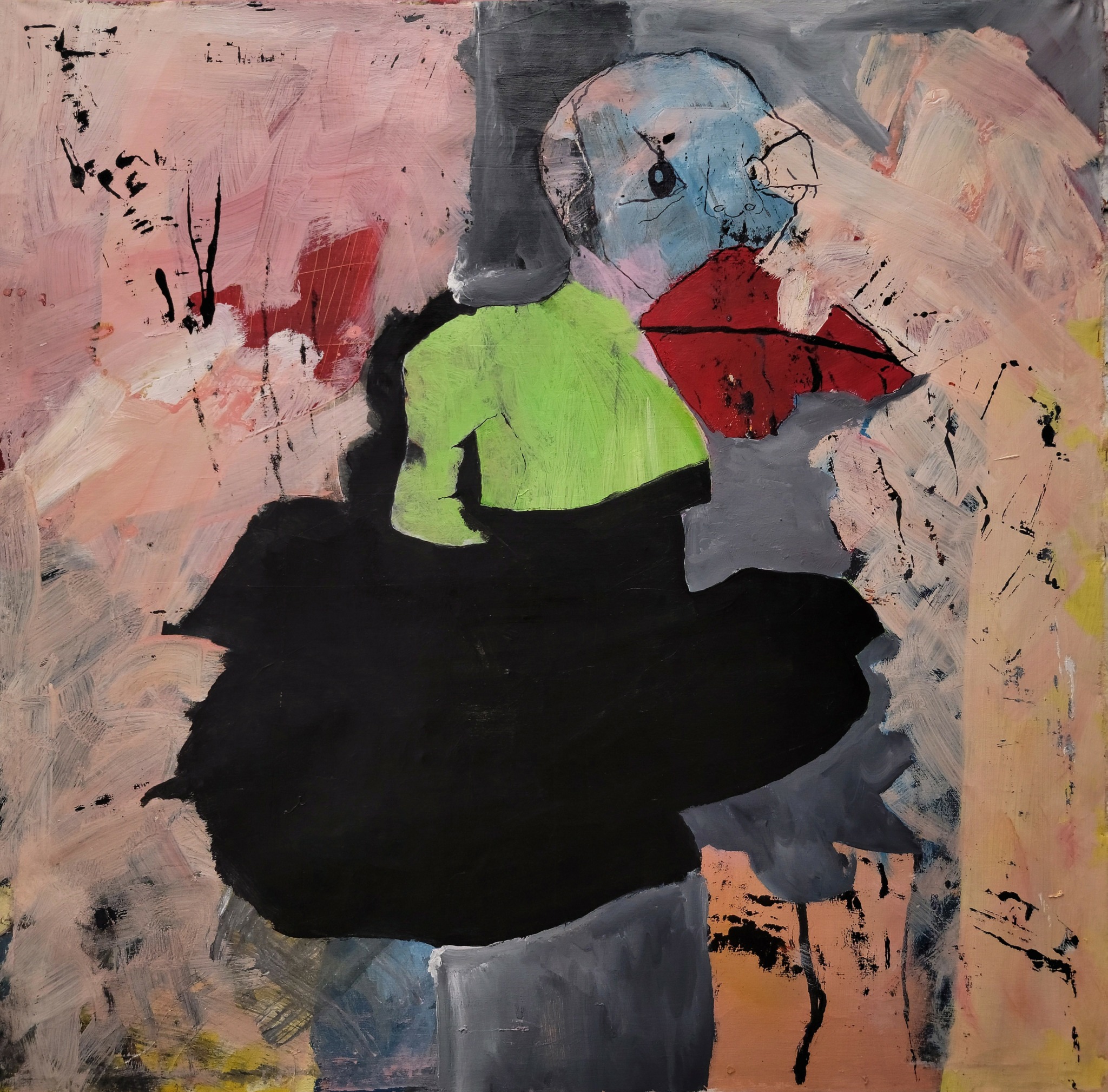
Awesome – so before we get into the rest of our questions, can you briefly introduce yourself to our readers.
I’m Shayan Nazarian, an artist and curator with an MFA from Boston University. Currently based in Brooklyn, NY, I continue a journey that began over a decade ago in my small hometown of Zanjan, Iran. My path to becoming a painter was unexpected—one day, I accidentally walked into the café and studio of an artist who would later become my mentor. Captivated by his work and perspective, I began visiting regularly. A few months later, I made the life-changing decision to pursue painting, and I’ve never looked back. My dedication and work ethic define my practice—over the years, I have created hundreds of paintings, most of them on a large scale.
I believe that the craft of art-making, beyond the medium itself, is simply a language—and without meaning, it is a void. While mastering the craft is essential, what truly matters is the message behind the work. My approach to art goes beyond technical skill; it is about using this visual language to challenge ideas, question norms, and engage with complex, often uncomfortable realities.
My work unfolds on two interconnected levels. The first is deeply personal and psychoanalytical—a journey inward to explore hidden aspects of my character and better understand myself. The second is outward-facing and socially engaged. As an Iranian, my life has always been intertwined with politics. My focus on inequality and minority rights began with my own country but has since evolved into a broader global perspective. In today’s increasingly tumultuous world, these concerns feel more urgent than ever.
While I recognize the limits of individual impact, I am committed to amplifying the voices of the unheard. Through my art, I seek to empower marginalized communities and humanize their experiences in a world where propaganda often works to dehumanize the most vulnerable.
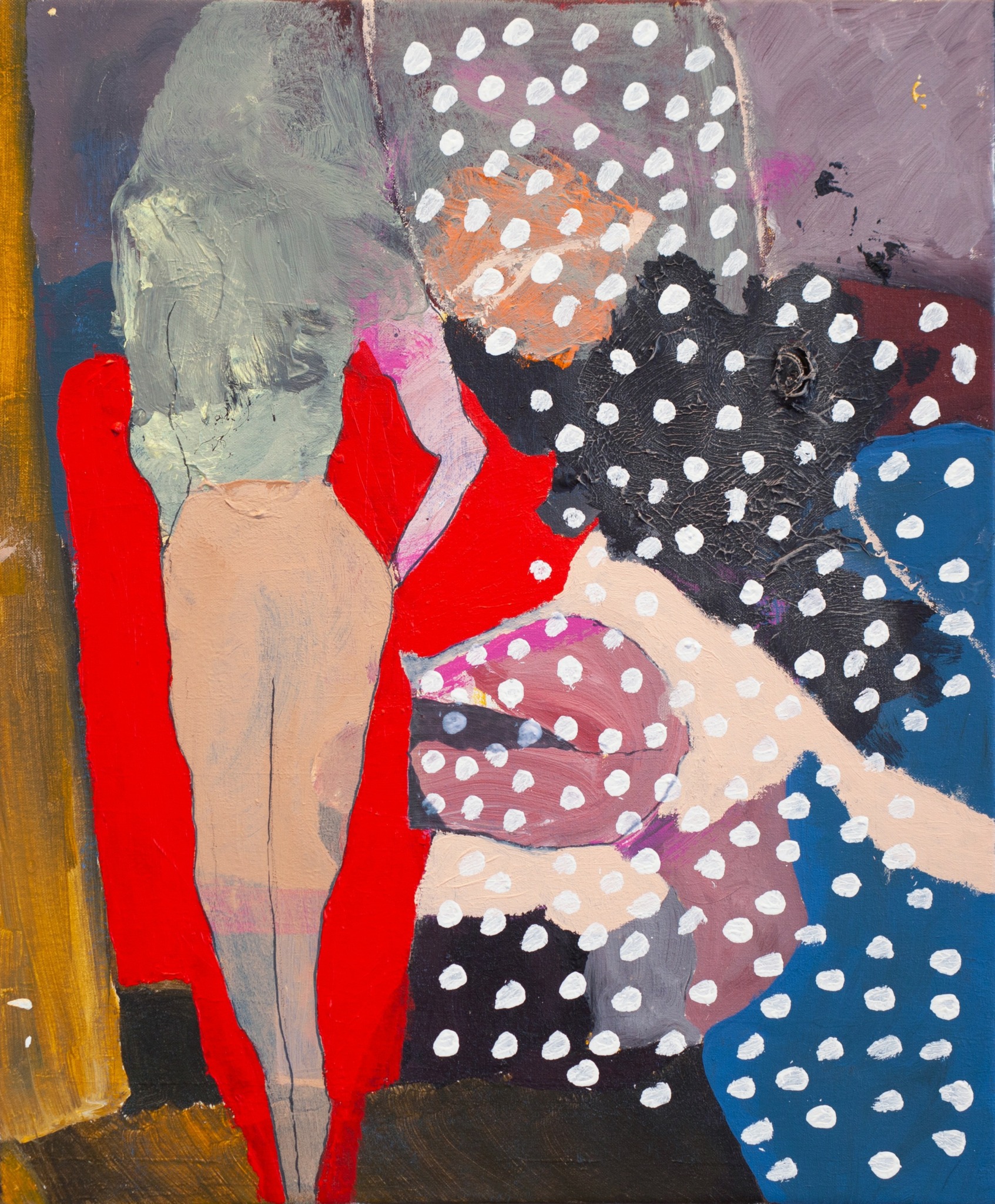
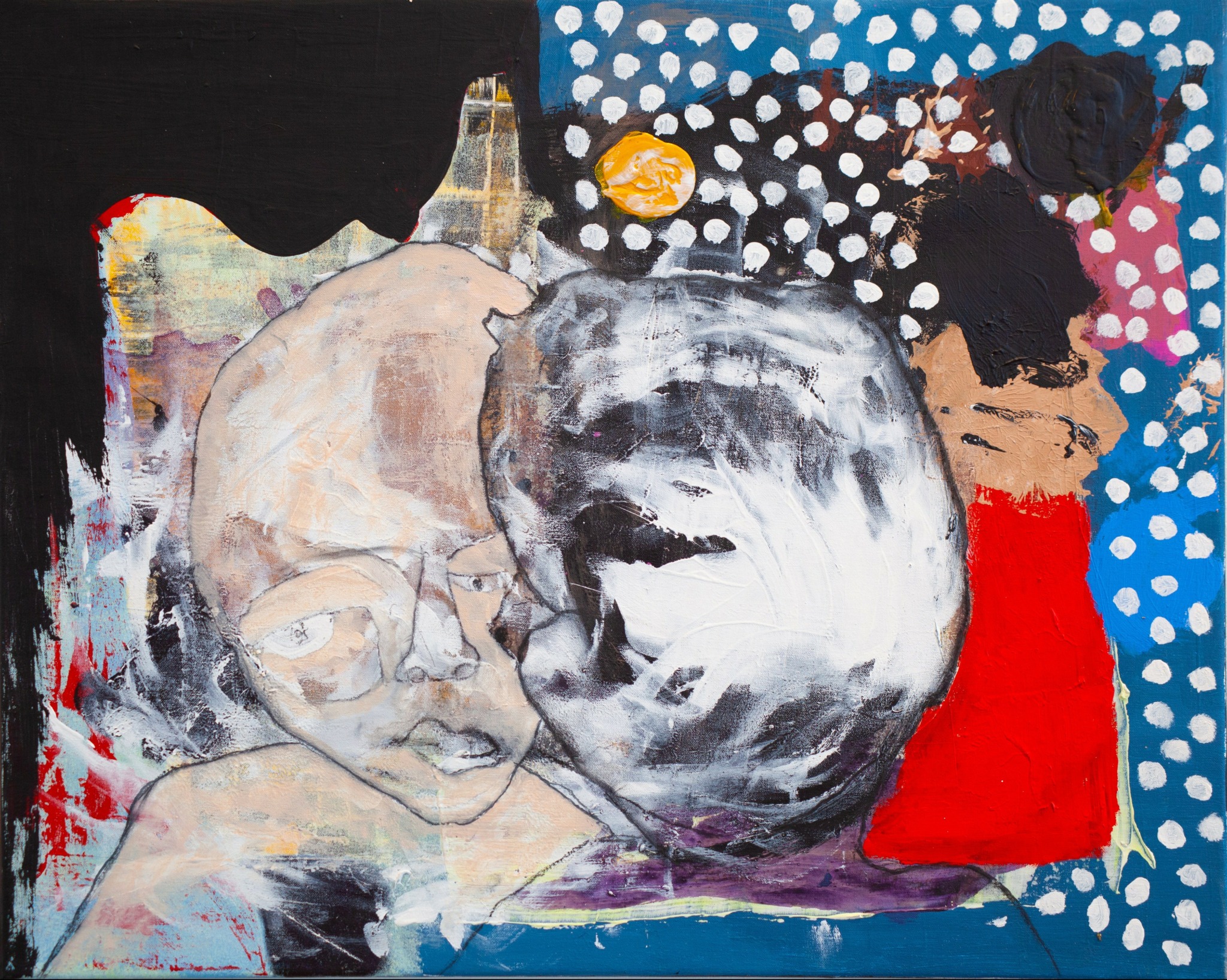
For you, what’s the most rewarding aspect of being a creative?
I see the process of art-making as very similar to mountain climbing. There’s a famous quote that says you shouldn’t keep looking at the top of a mountain when climbing, because it can make you frustrated. I think that’s true for art-making as well; artists shouldn’t constantly focus on the result but should get used to the process and make it a habit. Getting lost in the process of creation is the most rewarding aspect of being an artist, as it teaches you how to fail and encourages you to keep pushing forward in order to fail better next time.
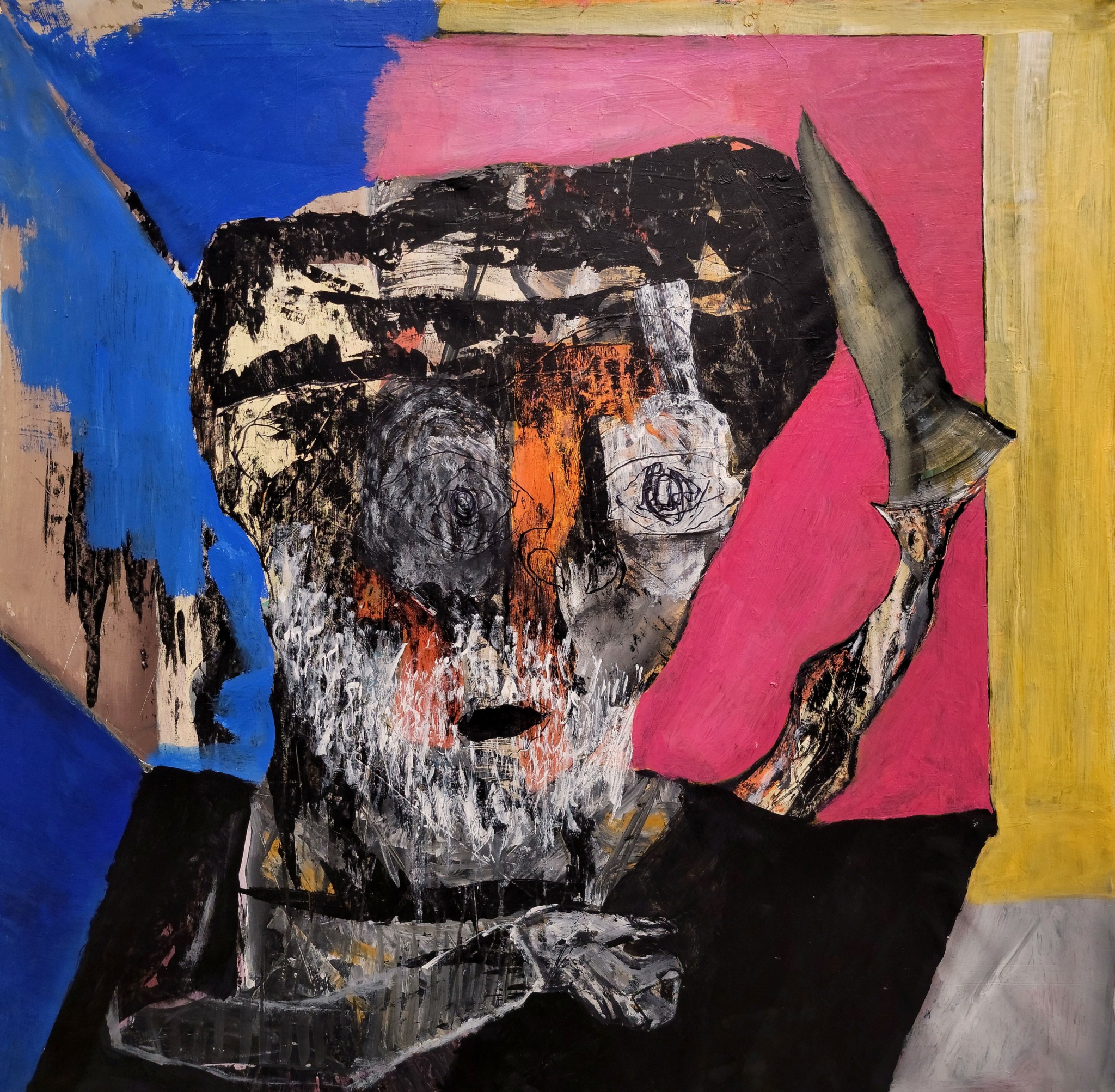
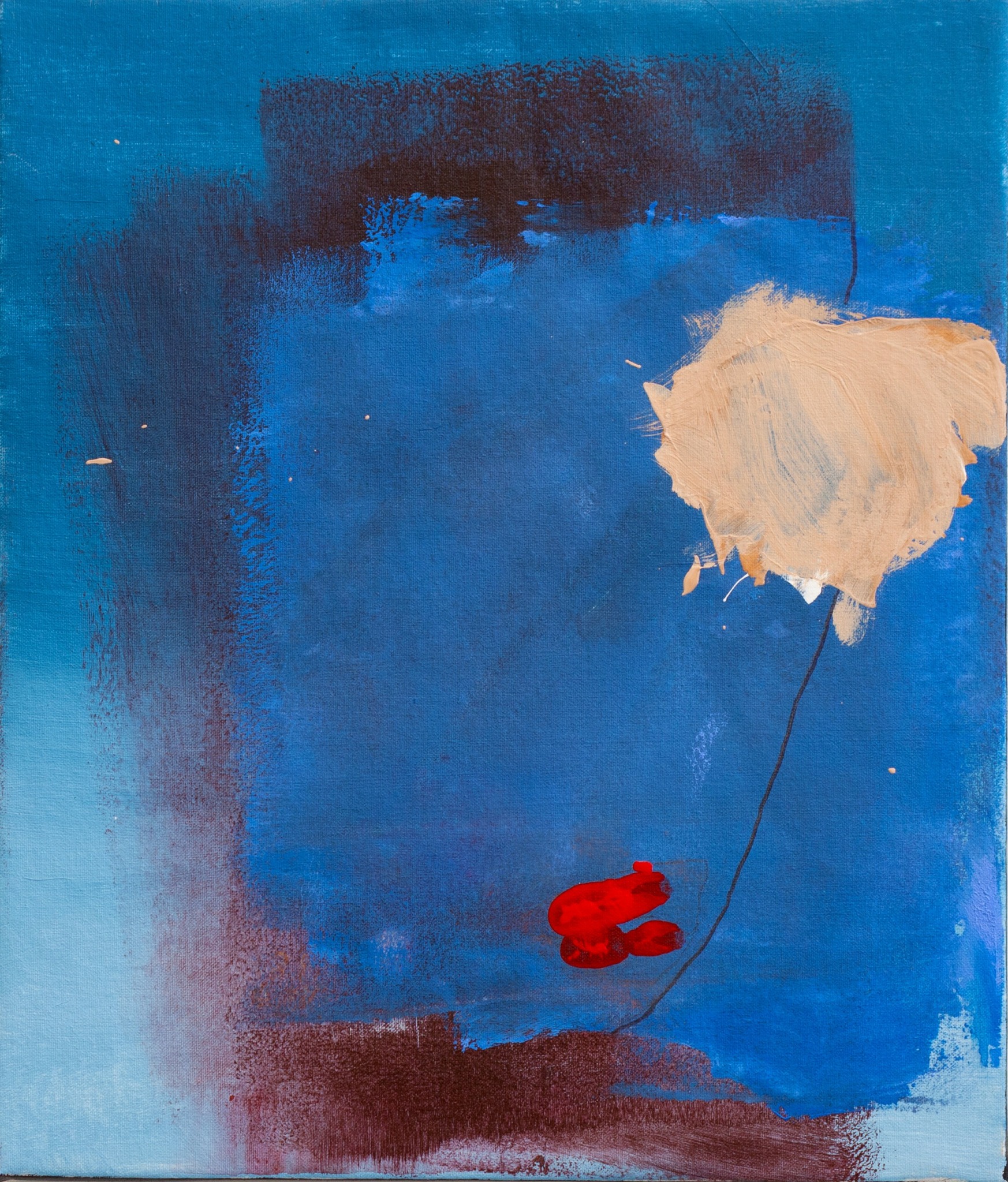
Are there any books, videos or other content that you feel have meaningfully impacted your thinking?
As I mentioned before, I view art as a psychoanalytical and philosophical process. I’ve always been influenced by Sigmund Freud’s theories, which are complemented by Jacques Lacan’s ideas, who was inspired by Freud and elaborated on his concepts more thoroughly. There’s also another book that I opened years ago and that still sits on my table, motivating me to move forward: Thus Spoke Zarathustra by Friedrich Nietzsche. There’s much more to discuss, such as the entire notion of French New Wave cinema, but I think I’ll stop here.
Contact Info:
- Website: https://www.shayan.blog
- Instagram: https://www.instagram.com/shayannazarian
- Linkedin: https://www.linkedin.com/in/shayan-nazarian-67752b146/
